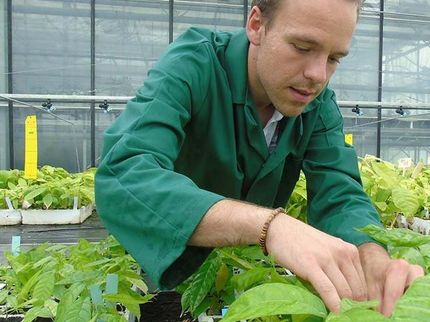Rethinking the impact of nutrition on health
From nutrients to meals to balanced diets
Advertisement
The conversation around nutrition and health is ever evolving. This includes the need to not only focus on the impact of individual nutrients, but to also consider the broader context of meals and balanced diets and their impact on overall nutrition and health.

To exchange scientific views on balanced diets and the link between diets and health, more than 50 distinguished scientists from around the world gathered at the 2024 Nestlé International Nutrition Symposium. It was held at Nestlé Research in Lausanne, Switzerland, with the theme "Rethinking the impact of nutrition on health: From nutrients to meals to balanced diets." This year also marked the 20th anniversary of the very first Nestlé International Nutrition Symposium.
In his opening remarks, Nestlé Chairman, Mr. Paul Bulcke, welcomed the attendees and highlighted the importance of supporting people to achieve balanced diets in a sustainable way. He emphasized the need to meet the specific nutritional and health needs of people across all life stages and the important role that science and technology plays.
In the keynote lecture, Prof. Eileen Kennedy summarized that balanced diets should ensure adequate nutrient intake to minimize the risk of malnutrition and non-communicable diseases across all life stages. She highlighted that this aim has not been achieved in many countries, underscoring the urgent need for effective nutritional strategies.
Other experts presented science based nutritional approaches to address nutrition for specific life stages such as pregnancy, infancy or aging while considering nutrient bioavailability, affordability, as well as the impacts of climate change.
On day two of the symposium, speakers addressed complex issues such as the impact of social, economic, environmental, microbial and sensory factors on dietary intake and health. Avenues to drive behavior change towards balanced diets such as portion control, personalized recommendations and use of artificial intelligence and digital tools were also presented with promising scientific data supporting their use.
In his closing remarks, Nestlé CTO, Stefan Palzer, expressed that the symposium provided a very rich and diverse discussion on the scientific evidence while bringing more clarity on the link between food, diet and health. He also noted the existence of research gaps and stressed the importance of nutritional science as a guiding principle to help people achieve balanced diets in a complex environment.
Other news from the department business & finance
Most read news
More news from our other portals
See the theme worlds for related content
Artificial intelligence (AI) for food and beverages
Artificial intelligence (AI) is optimizing the food and beverage industry through automated quality control and more accurate demand forecasting. AI plays a particularly important role in product development by analyzing taste preferences and market trends. This allows new products to be developed that are better tailored to consumer needs, increasing efficiency and customer satisfaction.

Artificial intelligence (AI) for food and beverages
Artificial intelligence (AI) is optimizing the food and beverage industry through automated quality control and more accurate demand forecasting. AI plays a particularly important role in product development by analyzing taste preferences and market trends. This allows new products to be developed that are better tailored to consumer needs, increasing efficiency and customer satisfaction.































































